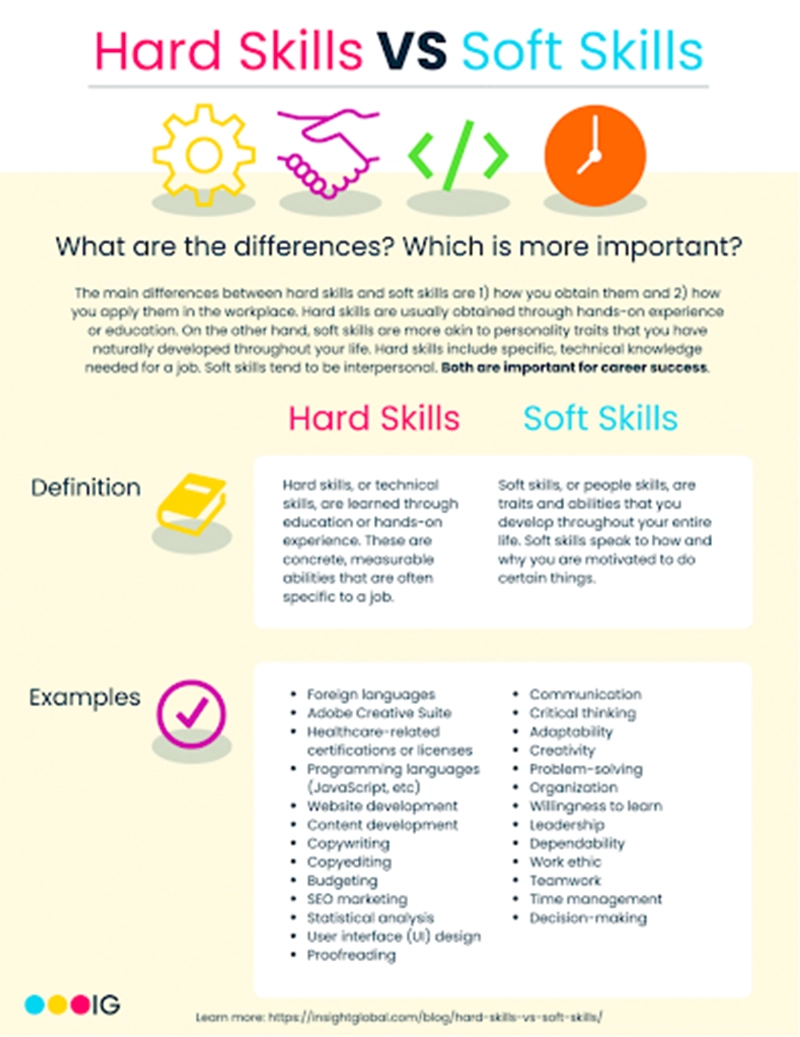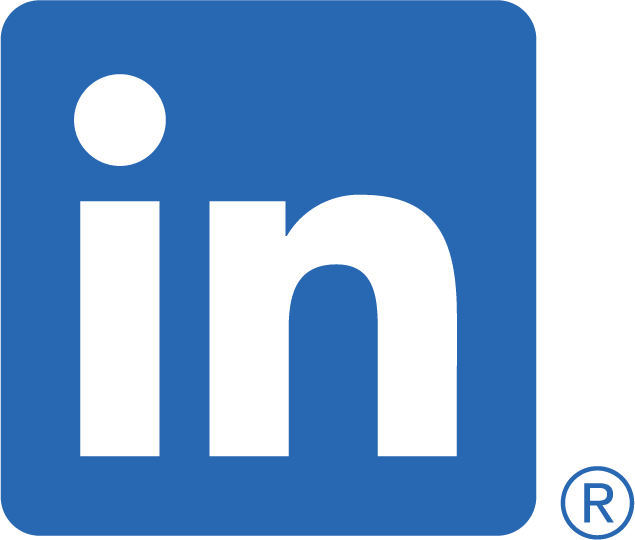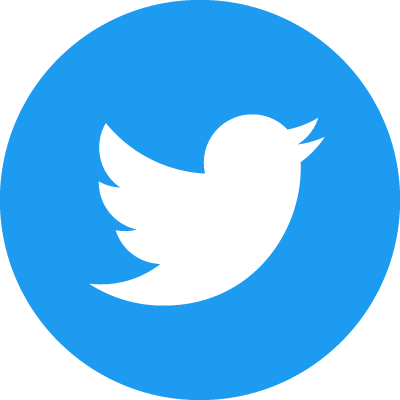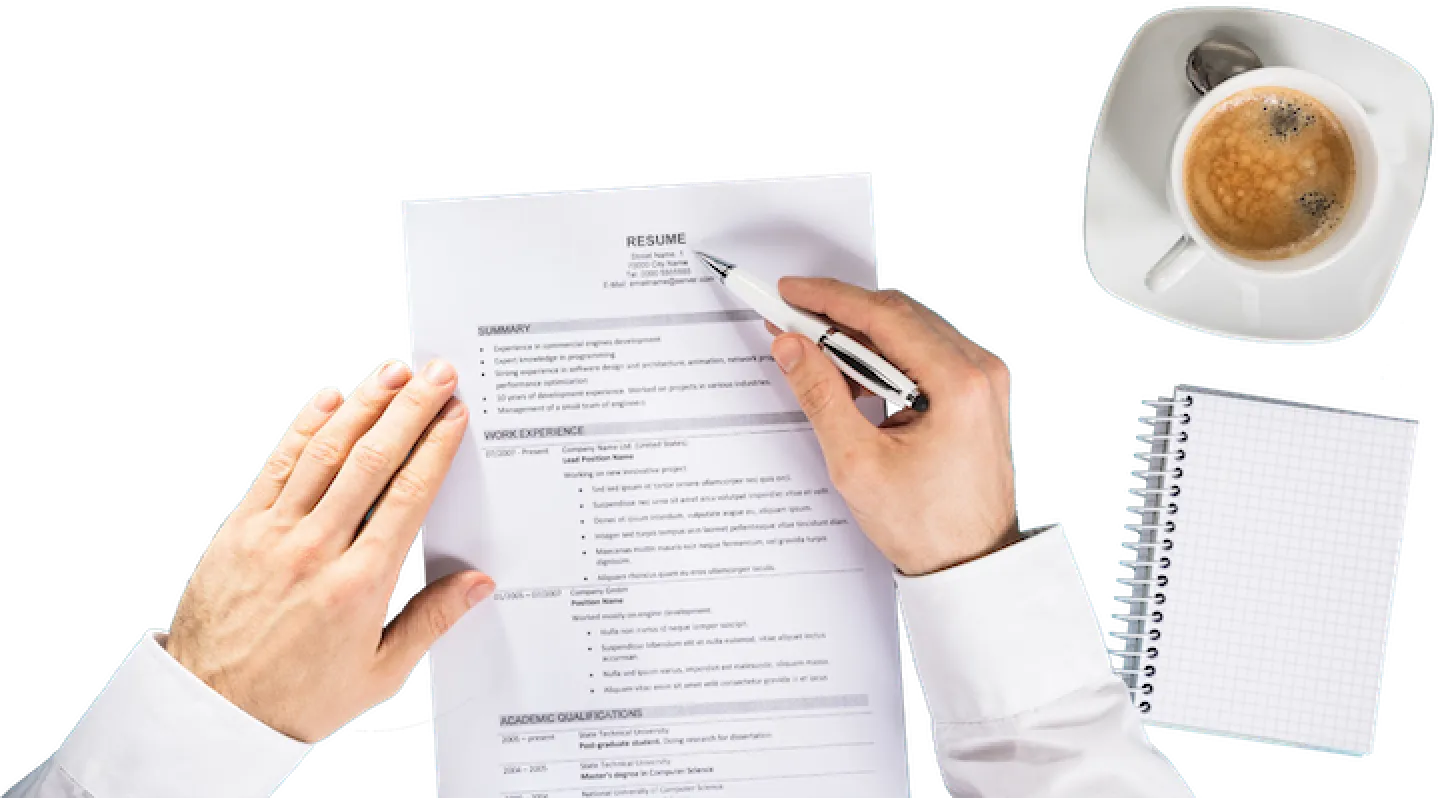Choosing the best skills for your resume is challenging. You find yourself asking: How do I know which skills they’re looking for? How do I make all my skills fit on a resume? How do I pick the right skills to get an interview?
As experts in the field of resumes, we’ve been there. That’s why we wrote this guide to make your life easier … and your resume better. In this article, we’ll show you:
- The 10 most important skills for your resume
- The differences between hard and soft skills
- How to choose the right resume skills to land an interview
- Resume tips to make your skills stand out from other job seekers
At the end of this article, you’ll know exactly what to include to please recruiters and have a long list of resume skills to catch their attention and land an interview.
Hard Skills vs. Soft Skills
In your search to find the most important skills for your resume, you’ve probably heard of hard skills and soft skills. You’re going to need to include both, but depending on the job description and industry, the ratio will shift for each job you apply for.

Hard Skills
Hard skills are the technical and professional skills you use to do your job every day. These include specific computer programs, specialized equipment, and skills to describe your daily duties.
Examples of hard skills for your resume:
- Data analysis
- Graphic design
- Microsoft 365 (formerly Microsoft Office)
- Diagnostics
- Copywriting
- Email marketing
Most of these skills would have been learned in school, training, or hands-on through past work experience, and some may have certifications to qualify your skill set even further.
Which hard skills should you include in your resume?
The best way to decide is to refer to the original job posting. Here, you’ll find an outline of the skills and qualifications they’re looking for. Take a look at which skills align with your expertise, and be sure to include those hard skills on your resume.
This makes it clear to an applicant tracking system (ATS) or recruiter that you’re a qualified candidate for the job.
Soft Skills
Soft skills are the interpersonal or people skills that speak to how you do your job and what it’s like to work with you as a client or coworker.
The soft skills you choose for your resume will show recruiters how you might fit into the team and how you’ll interact with clients. Imagine your resume from the recruiter's perspective when you choose your soft skills.
If you’re applying to a customer-facing role in sales, highlight your listening skills, friendliness, and customer service. If you’re applying for an administrative assistant role, your organizational skills, time management, and dependability are more important than your leadership or critical thinking skills.
Examples of soft skills for your resume:
- Attention to detail
- Creative thinking
- Problem-solving
- Collaboration
- Time management
- Work ethic
10 most important skills to put on a resume
While you may be skilled in a number of things, be sure to include these key skills so your resume will make the best impression on your four audiences (screener, recruiter, future boss, and ATS).
1. Active listening skills
Active listening involves being engaged and present in a conversation so that you truly understand what the other person is saying. This means taking clues from their body language, tone, eye contact, and asking intuitive questions for genuine understanding.
In the workplace, active listening elevates customer service, caregiving and patient care, and client relationships. In short, any job that requires you to interact with others can benefit from active listening.
Related listening skills include:
- Reflective listening
- Paraphrasing
- Empathy
- Emotional intelligence
Find more listening skills in this case manager resume example, or learn more about active listening and how it improves workplace communication.
2. Communication skills
You need both written and verbal communication skills for most jobs today. But the more specific you can be with this soft skill on your resume, the better.
To decide which communication skills to include, think of who you’ll be communicating with and which platforms you’ll use. Are there written proposals or reports, presentations, customer inquiries, or negotiations in the position you’re applying for?
Choose the most appropriate communication skills to show your potential employer how you’ll represent the company.
Related communication skills include:
- Written communication
- Interpersonal communication
- Negotiation
- Presentation
Here are some resources to further expand your written communication and verbal communication skills for the workplace. And if you’d rather have someone else communicate your job skills on your resume, Leet Resumes will write your resume for free (seriously).
3. Customer service skills
You need customer service skills on your resume for any job that requires interacting with customers. This includes speaking with customers via phone, chat, or in person.
Choose a few customer service skills that will make any future employer feel like their customers will get the highest level of care, attention, and support.
Related customer service skills include:
- Conflict resolution
- Foreign language(s)
- Customer relationship management (CRM)
- Customer service programs like Zendesk, Freshdesk, and Salesforce
Looking for more inspiration? Here’s a customer service resume example and guide to walk you through writing your resume and some resources to add a few lesser-known (but equally important) customer service skills or freshen up on how to provide great customer service.
4. Technical skills
Technical skills for your resume include computer or equipment proficiencies and the skills that are required to perform your job. To start, think of which skills set your job apart from other roles in an organization.
If you’re a copywriter, this might include editing, proofreading, email marketing, and HubSpot. If you’re a dental hygienist, you’ll want to separate yourself from the administrative duties of dental assistants and add your BLS certification, patient counseling, or periodontics skills.
Refer to the original job posting to find the exact technical skills required for the job you’re applying for so you can include them in your resume.
Related technical skills include:
- Microsoft 365 (Word, Excel, Outlook, PowerPoint)
- Qualitative research
- Information technology (IT)
- Data analysis
- Adobe Creative Cloud (Photoshop, Illustrator, InDesign)
- Social media
- WordPress
- Search engine optimization (SEO)
- HTML or other programming languages
Find more industry-specific skills in these resume examples, or browse the most in-demand IT skills and the top technical skills to master for 2023 for more inspiration.
5. Interpersonal skills
On your resume, interpersonal skills give a recruiter an idea of how well you work with others. Whether you’re leading a department and giving presentations or working within a team and collaborating, good working relationships contribute to the overall success of an organization.
Related interpersonal skills include:
- Interpersonal communication
- Collaboration
- Listening
- Conflict resolution
It never hurts to have a refresher on workplace communication or which interpersonal skills employers value most, but if you’d rather have someone pick the best interpersonal skills for your resume, have Leet Resumes do the work for you.
6. Leadership skills
You don’t need to be a C-level executive to include leadership skills on your resume. Whether it’s a team, a department, or the coordination of multiple departments, leaders in the workplace are listening, making decisions, and guiding the organization toward its goals on every level.
Related leadership skills include:
- Team management
- Employee training
- Performance evaluation
- Active listening
Learn how to write a resume with leadership skills like this creative director resume example, or take a minute to make sure your top skills are up-to-date for the modern workplace.
7. Time-management skills
Time is money. Recruiters want to know you can work efficiently so their deadlines are met, customers are happy, and the company’s bottom line is growing. This all-important skill is transferable, meaning time management is always relevant no matter what position you’re applying for.
Related time-management skills include:
- Scheduling
- Multitasking
- Meeting deadlines
- Strategic planning
If time management isn’t quite your forte (yet), learn how to master your time management and optimize your time-management skills for the office. If you’re just stuck trying to find the right skills for your resume, browse through these resume examples and guides.
8. Critical thinking skills
Critical thinking is the process of logically sorting through information to find the best possible solution. It takes perspective, awareness, and the ability to act on the decisions made through critical thinking.
In the office, those who have developed critical thinking skills are entrusted with more responsibilities and are more likely to be promoted. This is because employers will learn to trust their critical thinking, analysis, and decision-making.
Related critical thinking skills:
- Decision making
- Strategic planning
- Analytical thinking
- Deductive reasoning
The benefits of critical thinking in the workplace are numerous, so it’s important to find the most relevant critical thinking skills for your resume. If you’d rather have someone pick the most important resume skills for you, try Leet Resumes — they’ll write your resume for free (though tips are always appreciated).
9. Problem-solving skills
Employers like employees who can solve problems effectively and within company standards. Whether you’re a customer service representative helping customers solve their problems, or a research analyst always looking for new sources and new angles to view the data you’ve collected, problem-solving is a key ingredient to your professional success.
Related problem-solving skills:
- Data analysis
- Creative thinking
- Troubleshooting
- Complaint resolution
Learn more about problem-solving skills and how to apply them in the workplace to get noticed by recruiters. And if you’re wondering how to format those skills into your resume, Leet Resumes can help.
10. Transferable skills
Transferable skills can be applied to any job position. These versatile skills can bolster any resume when you’re entering a new field or just getting started in an industry.
Related transferable skills:
- Computer skills
- Teamwork
- Leadership
- Adaptability
Changing fields? Get a little help from the experts at Leet Resumes to help you write a resume that gets interviews, take a look at the transferable skills companies are looking for, or sharpen your skills before your career switch.
3 Tips for adding skills to your resume
1. Sort your skills by relevance
Not every professional skill will fit on your resume, so start by listing all your skills and sorting them by relevance.
When choosing which skills are most relevant, refer back to the skills listed in the job posting. Include the skills your recruiter is looking for along with additional skills that might set you apart from the competition.
Remember that you’re not only trying to impress a recruiter and hiring manager but also the automated computer scanner screening resumes for interviews.
Pro Tip: List your skills as briefly and succinctly as possible to please both the recruiter and the computer.
2. Add a “highlights” section
Recruiters spend an average of six seconds scanning a resume for the first time. That doesn’t leave you much space to make a first impression.
That’s why it’s important to add a “highlights” section of your most important skills to the top of your resume. Seeing your most relevant skills immediately can help the recruiter know right away if you’re a qualified candidate.
Pro Tip: Choose 3-5 of the most relevant skills to feature at the top of your resume.
3. Categorize your skills
Categorize your types of skills by the different duties of the specific job position. For example, computer skills, management skills, and marketing skills.
This keeps your resume organized and helps your recruiter scan your resume quickly (in six seconds) and easily find the information they need.
Organizing your skills into groups also helps you create a well-rounded resume skills section. Instead of leaning too heavily on program proficiencies or sales skills, you can create a balanced presentation of your hard skills, soft skills, technical skills, communication skills, and so on.
Pro Tip: Organize your skills into categories and choose a variety of skill types to include in your resume.







